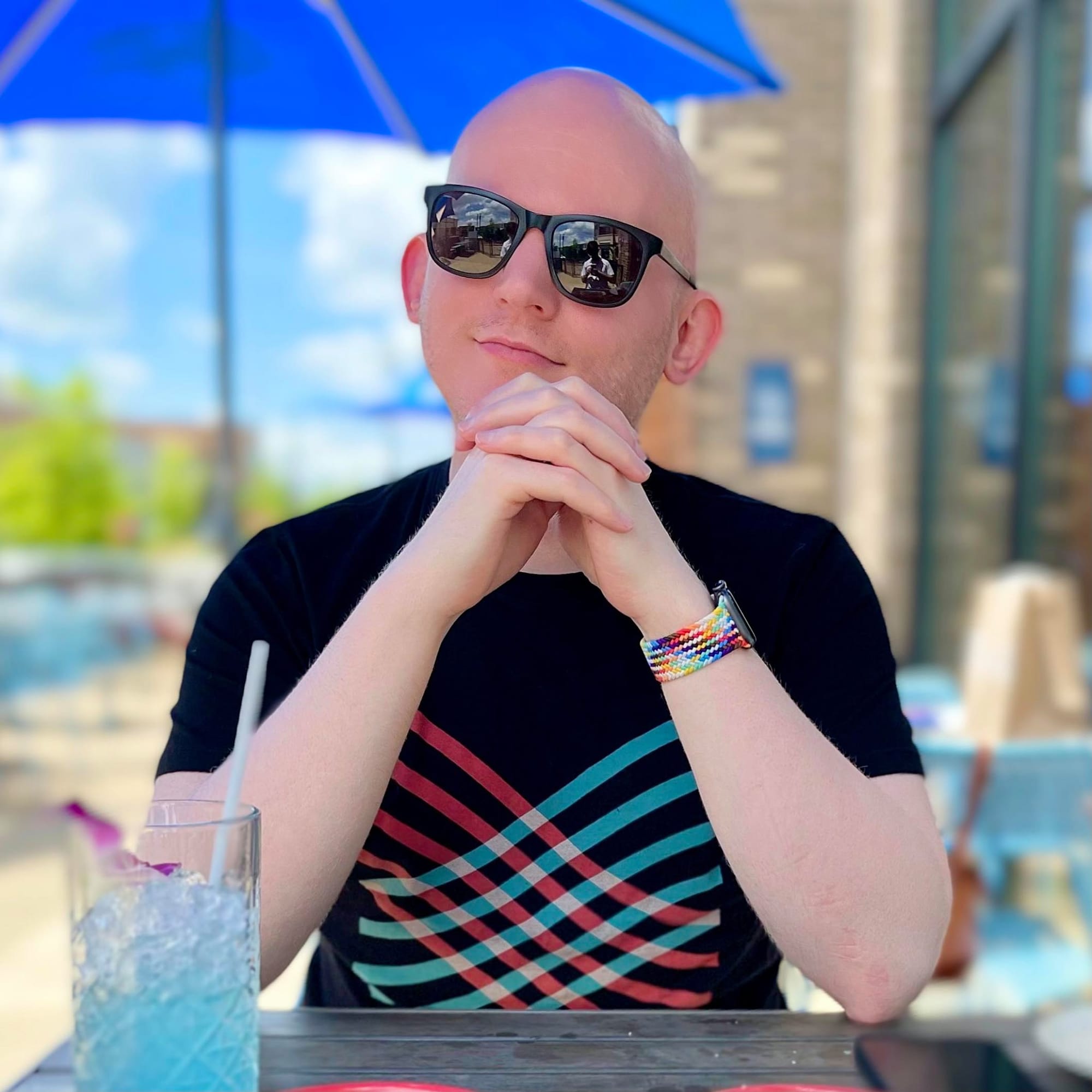Relax, Nothing Matters
Life has no meaning — so you’re free to create your own.

Why do we spend our lives chasing money we’ll never fully enjoy?
Why do we waste years trying to impress people we don’t even like?
Why do we follow unwritten rules set by a society that’s just as lost as we are?
And why — knowing that death is inevitable — do we keep pushing forward anyway?
Wake up. Commute. Work. Eat. Sleep. Repeat.
One day, you’re brushing your teeth, staring into the mirror, and the thought hits you like a freight train: What’s the point of all this?
You’re not the first person to feel this way. This question haunted the great thinkers long before you and me. And few tackled it better than Albert Camus.
But unlike most philosophers, Camus didn’t drown in despair. Instead, he found an answer that flips everything upside down:
Maybe meaninglessness isn’t our enemy. Perhaps it’s our superpower.
The Certainty We Lost
For most of human history, meaning was handed to people on a silver platter.
You suffered? God had a plan.
You struggled? It was a test.
You died? You’d be rewarded in the next life.
Then science happened.
Darwin. Evolution. The Big Bang.
Suddenly, those comforting answers started falling apart.
Nietzsche saw the writing on the wall. His famous phrase “God is dead” wasn’t about atheism. It was an observation. Faith was crumbling.
But here’s the thing: when you lose something important, you don’t just lose the thing — you lose the stability it gave you.
For centuries, God was that stability.
And when people lost Him, they weren’t left with clarity. They were left with chaos.
When Meaning Breaks Down
With no grand cosmic purpose, people turned to nihilism — the belief that life has no meaning.
No purpose. No point.
Just existence… then death.
And in the vacuum where certainty once lived, anxiety, depression, and existential dread took root.
But while others panicked, Camus did something different.
He asked: “What if meaninglessness isn’t something to fear? What if it’s freedom?”
The Absurdity of It All
Camus saw what no one else did. Humans have an instinctive need to find meaning. The universe, however, doesn’t care.
It doesn’t hand out explanations. It doesn’t answer questions.
You can scream why into the void, and all you’ll get back is silence.
He called this clash the Absurd.
Imagine trying to have a conversation with someone who refuses to answer.
You ask questions.
You beg for clarity.
The universe just shrugs and moves on.
Frustrating? Yes.
The end of happiness? Not even close.
A Greek Myth That Changes Everything
To explain this, Camus turned to an old Greek myth.
You know Sisyphus — the guy who angered the gods and got stuck with the worst punishment imaginable?
His fate: push a massive rock up a mountain.
Every time he reached the top, the rock rolled back down.
Forever.
Most people hear this and think, That’s hell.
Camus disagreed.
He saw Sisyphus as a symbol for all of us.
Your job.
Your goals.
Your daily routine.
Monday: push the rock up.
Tuesday: rock rolls down. Push it up again.
Wednesday through Friday? Same thing.
Even when you ‘make it’ — land the dream job, buy the perfect house — another rock appears.
But here’s where Camus flips the whole story upside down.
The Secret to Happiness
The key moment in Sisyphus’ story isn’t when he’s pushing the rock.
It’s when he walks back down the mountain.
At that moment, he knows:
- The work is pointless.
- He will do it all again tomorrow.
- And yet… he keeps going anyway.
That, Camus says, is real freedom.
Once you accept that life has no grand meaning, you’re free to create your own.
Once you stop expecting things to “matter,” you’re free to decide what matters to you.
Three Ways to Win the Absurd Game
Camus offers three ways to apply this mindset to your own life:
1. Drop the “What If” Game
- Lost your job? So what. Another opportunity will come.
- Failed a project? Who cares? The universe doesn’t keep score.
Obsessing over the “right” decision is a trap. Nothing is permanent. Just move forward.
2. Live in Rebellion
- Every time you choose to be happy *despite* life’s meaninglessness, you’re flipping off fate.
- You’re saying, “Life makes no sense, and I’m going to enjoy it anyway.”
That’s real power. That’s what it means to win.
3. Embrace the “Why Not” Attitude
- Want to start a business? Why not.
- Scared to ask someone out? Why not.
- Thinking of trying something new? Why not.
When nothing matters in the grand scheme, everything becomes possible.
The Absurd Superpower
People assume accepting life’s meaninglessness will make them miserable.
Camus says it’s the opposite.
When you stop searching for some grand cosmic purpose, you start seeing the small joys right in front of you:
- A cup of hot coffee.
- Laughing with friends.
- Feeling the sun on your face.
Life is simpler when you stop following society’s made-up rules.
Getting fired? Not a tragedy. Just an event.
Making less money than your friends? Not failure. Just a number.
Aging? Not something to fear. Just part of being alive.
Camus puts it simply:
"You will never be happy if you continue to search for what happiness consists of."
Translation? Stop overthinking. Start living.
The Final Plot Twist
Real happiness doesn’t come from finding life’s meaning.
It comes from embracing the fact that there is none — and living fully anyway.
Every morning, you have two choices:
- Let life’s meaninglessness crush you.
- Use it as your superpower — let it free you to create, love, laugh, and live.
The universe doesn’t owe you meaning.
You don’t owe the universe meaning, either.
You’re free to write your own story, push your own rock, and find your own joy — even in a world that refuses to make sense.
And maybe, just maybe, that’s the biggest plot twist of all.





